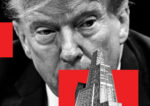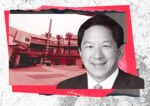 Mayoral race goes from bad to worse for real estate
Mayoral race goes from bad to worse for real estate
Trending
What to make of Stephen Ross betting $1M on mayor’s race
Related chairman’s donation triples size of new campaign fund
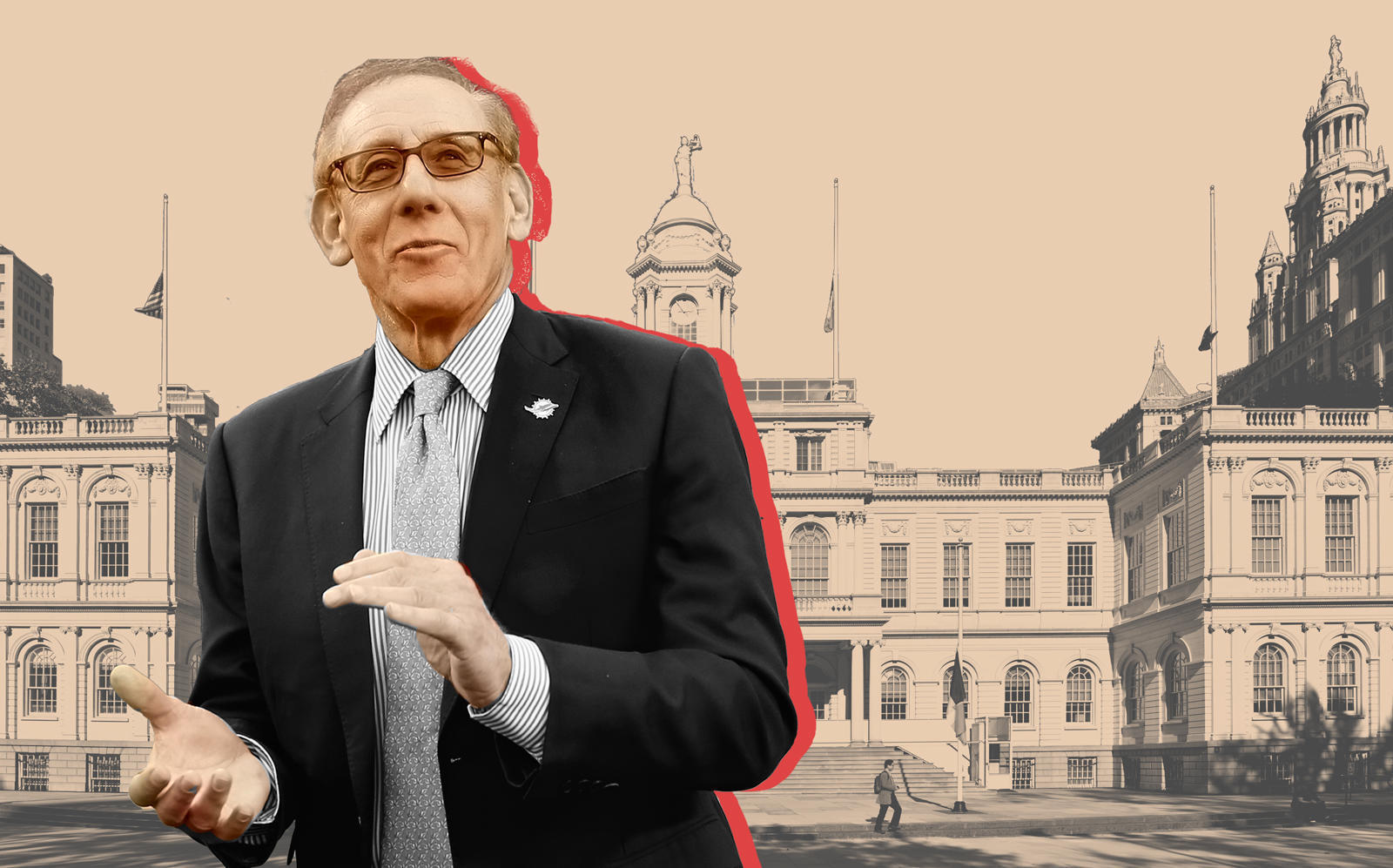
After 12 years of loving Michael Bloomberg and seven despising Bill de Blasio, some titans of real estate are ready to splurge on a pro-business mayoral candidate.
But which one? And can real estate’s money make a difference anyway? Don’t count on it.
First, the news: Related Companies Chairman Stephen Ross just poured $1 million into a campaign fund to influence the city’s 2021 elections for mayor and City Council, the New York Times reported Monday. Jack Cayre of Midtown Equities gave $100,000 to the independent expenditure Common Sense NYC, which has received $1.47 million.

Jack Cayre of Midtown Equities (Urban Land Institute)
Some perspective: Bloomberg spent $75 million to $100 million on each of his three campaigns for mayor. He won them all, but Common Sense NYC is unlikely to raise anything close to that. One campaign veteran said it would have to spend $25 million to have any real effect. And, as an independent expenditure, it cannot coordinate with a candidate directly.
Moreover, evidence is accumulating that campaign advertising is not as effective as once believed and is often inconsequential. Campaign consultants insist that good ads — especially negative ones that define a candidate — do work, but ad gurus obviously have a financial incentive to say that.
(It is widely believed that de Blasio owes his victory in 2013 primarily to his son Dante’s campaign ad, but a larger factor was probably that voters soured on the other Democratic candidates.)
Read more
 Mayoral race goes from bad to worse for real estate
Mayoral race goes from bad to worse for real estate
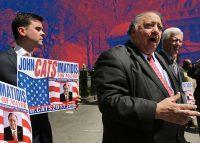 Déjà vu: Catsimatidis thinking about running for mayor again
Déjà vu: Catsimatidis thinking about running for mayor again
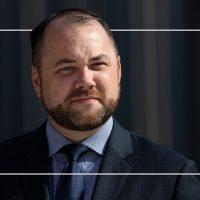 Corey Johnson drops out of mayoral race
Corey Johnson drops out of mayoral race
Real estate’s bigger problem in the 2021 Democratic primary for mayor, though, may be too much of a good thing: pro-business candidates.
Brooklyn Borough President Eric Adams, former Obama housing secretary Shaun Donovan, banker Ray McGuire and Rep. Max Rose can all be considered “common sense” candidates by Ross and his brethren. If elected, they would not stand idly by as proposals like Amazon HQ2 and the Industry City rezoning die, deprecate the city’s billionaires, or fantasize about government getting to decide exactly what gets built and who can live where, all of which de Blasio has done.
Kathryn Garcia, the former sanitation commissioner running as a manager type, will likely go after the business vote too, as will former veterans’ services commissioner Loree Sutton. A digital media CEO named Zach Iscol is in the race as well.
If these folks split the pro-business vote, real estate could end up with a mayor who cozies up to real estate’s enemies. City Comptroller Scott Stringer, who in September launched his mayoral campaign pledging to “end the crushing cycle of speculation, eviction and displacement,” and a month later called for shutting down office buildings although they were already 87 percent empty, comes to mind.
Several candidates are running to Stringer’s left: former de Blasio counsel Maya Wiley, City Council member Carlos Menchaca (the Industry City killer) and social services executive Dianne Morales, to name three. But Stringer is the only citywide official and established name of that bunch. A bigger problem for him could be ex-presidential candidate Andrew Yang, he of the universal-basic-income platform.
The mayoral contest is by far the most important to New York’s real estate executives next year. The money they muster, though, will not likely move the needle much. They might also consider trying to stop six Democratic Socialists of America candidates from winning City Council seats. Those races will present a different dynamic and could be even more difficult for the industry.
The primary is in June. It’s going to be an interesting next six months.


